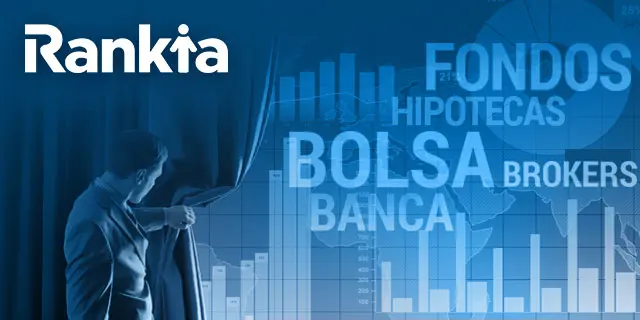Me gustaría hacer incapié en lo que comentó el Sr. Buffett respecto a su macro-donación del 85% de su fortuna:
Buffett: I always felt I would compound money at a rate higher than average and it would have been foolish to give away a significant portion of my capital, which would have been spent within months. I thought my wife would be doing it [giving my fortune away], but that didn’t work out.
When my wife and I had a baby, we hired an obstetrician – I didn’t try to do it myself. When my tooth hurts, I don’t turn to Charlie. Similarly, when it comes to giving money away sensibly, I let people who are smart, energetic and passionate do it. I want to give the claim checks to someone who can follow generally what I would do myself if I were to do it myself.
For the smaller grant requests, I send them to my sister Doris, who likes to handle them.
As far as I’m concerned, I haven’t given up anything. Someone who gives up an evening out or a lot of time or a trip to Disneyland because they donated to a church or whatever, they have given away something. I haven’t changed my life. I can’t eat any better or sleep any better, so I haven’t really given up anything.
Munger: We have no system for estimating the correct value of all businesses. We put almost all in the “too hard” pile and sift through a few easy ones.Es envidiable la humildad de uno de los hombres más poderoso del planeta. Su capacidad de reconocer los riesgos asumibles le ha hecho grande.
Buffett: We know how to recognize and step over one-foot bars and recognize and avoid seven-foot bars.
Munger: When you’re trying to determine intrinsic value and margin of safety, there’s no one easy method that can simply be mechanically applied by a computer that will make someone who pushes the buttons rich. You have to apply a lot of models. I don’t think you can become a great investor rapidly, no more than you can become a bone-tumor pathologist quickly.
Buffett: Let’s say you decide you want to buy a farm and you make calculations that you can make $70/acre as the owner. How much will you pay [per acre for that farm]? Do you assume agriculture will get better so you can increase yields? Do you assume prices will go up? You might decide you wanted a 7% return, so you’d pay $1,000/acre. If it’s for sale at $800, you buy, but if it’s at $1,200, you don’t.
Buffett: If you’re going to buy a farm, you’d say, “I bought it to earn $X growing soybeans.” It wouldn’t be based on what you saw on TV or what a friend said. It’s the same with stocks. Take out a yellow pad and say, “If I’m going to buy GM at $30, it has 600 million shares, so I’m paying $18 billion,” and answer the question, why? If you can’t answer that, you’re not subjecting it to business tests.
I think you should read everything you can. In my case, by the age of 10, I’d read every book in the Omaha public library about investing, some twice. You need to fill your mind with various competing thoughts and decide which make sense. Then you have to jump in the water – take a small amount of money and do it yourself. Investing on paper is like reading a romance novel vs. doing something else (risas). You’ll soon find out whether you like it. The earlier you start, the better.
 Buffett es ejemplar en el método que ha creado escuela, en el mantenimiento y constante crecimiento de su fortuna y, para mi lo que le hace realmente Grande, en la donación de 37.400 millones de $. De estos, 31.000 millones de $ han ido a parar a la Bill & Melinda Gates Foundation y 6.400 millones de $ a diversas organizaciones. Además hace constantes referencias a que espera que su donación inspire a otras grandes fortunas a hacer lo mismo, entre ellas menciona explícitamente a John D. Rockefeller Senior. Si se extendiera su ejemplo entre las grandes riquezas genracionales del planeta, estaríamos ante el más eficiente reparto de riqueza mundial. Lo dicho, un ejemplo de cómo hacerse rico, pero sobre todo un ejemplo de cómo dar sentido a la vida de los ricos.
Buffett es ejemplar en el método que ha creado escuela, en el mantenimiento y constante crecimiento de su fortuna y, para mi lo que le hace realmente Grande, en la donación de 37.400 millones de $. De estos, 31.000 millones de $ han ido a parar a la Bill & Melinda Gates Foundation y 6.400 millones de $ a diversas organizaciones. Además hace constantes referencias a que espera que su donación inspire a otras grandes fortunas a hacer lo mismo, entre ellas menciona explícitamente a John D. Rockefeller Senior. Si se extendiera su ejemplo entre las grandes riquezas genracionales del planeta, estaríamos ante el más eficiente reparto de riqueza mundial. Lo dicho, un ejemplo de cómo hacerse rico, pero sobre todo un ejemplo de cómo dar sentido a la vida de los ricos.
